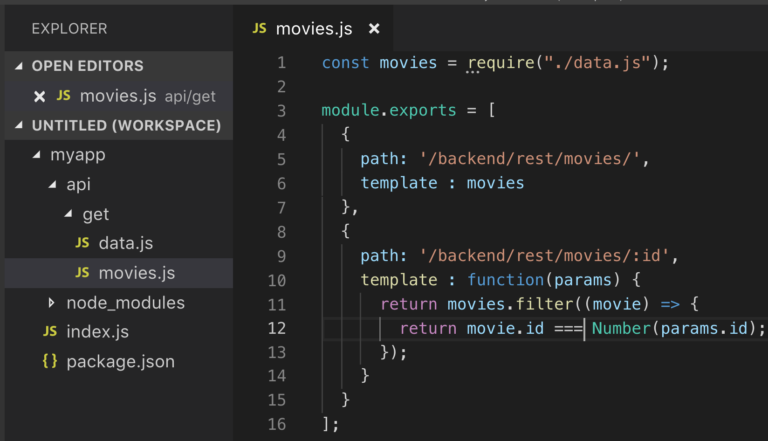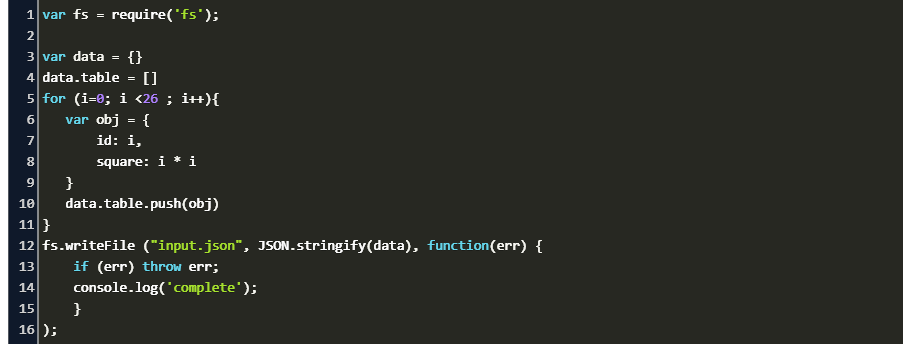

The results should now be just one line, as jq is now just returning one single JSON array: Keeping “Compact Output” checked, remove the from the filter, so it just reads. Jq’s ‘Compact Output’ option removes all cosmetic line breaks in a file, just leaving one JSON object per line. This removes the cosmetic line breaks in the results, returning one JSON object per line. To make clear what has happened, check the “Compact Output” checkbox in the upper right. Notice that the wrapping our results are now gone. artObjects returned one big array of JSON objects.īefore we can access the values inside those objects, we need to break them out of the array that they’re in.īy adding onto the end of our filter, jq will break up this one array into 10 separate objects:

The significance of this will be discussed in the next section.
#JSON QUERY JAVASCRIPT SERIES#
In brief, a JSON object is a series of key/value pairs, where keys are the names for the values they are paired with. You may find a short and cogent primer on JSON here.
#JSON QUERY JAVASCRIPT HOW TO#
Next, you will learn progressively more complex ways of connecting these operators together.īy the end of the lesson, you will understand how to combine basic operators to create queries that can reshape many types of JSON data.

This lesson will begin with an overview of the basic operators of the jq query syntax. Working with data from an art museum API and from the Twitter API, this lesson teaches how to use the command-line utility jq to filter and parse complex JSON files into flat CSV files. CSV), and because JSON is such a flexible data format, often with many nested levels of data, there is no one-size-fits-all graphical user interface for transforming JSON into other formats. However, many tools for data analysis and visualization require input in flat tables (i.e. (On accessing APIs, see downloading structured data with wget and the series of lessons on working with APIs.) Many libraries, archives, museums, and social media sites expose their data through JSON-based APIs. JSON (JavaScript Object Notation) is a common data sharing format that can describe complex relationships.


 0 kommentar(er)
0 kommentar(er)
